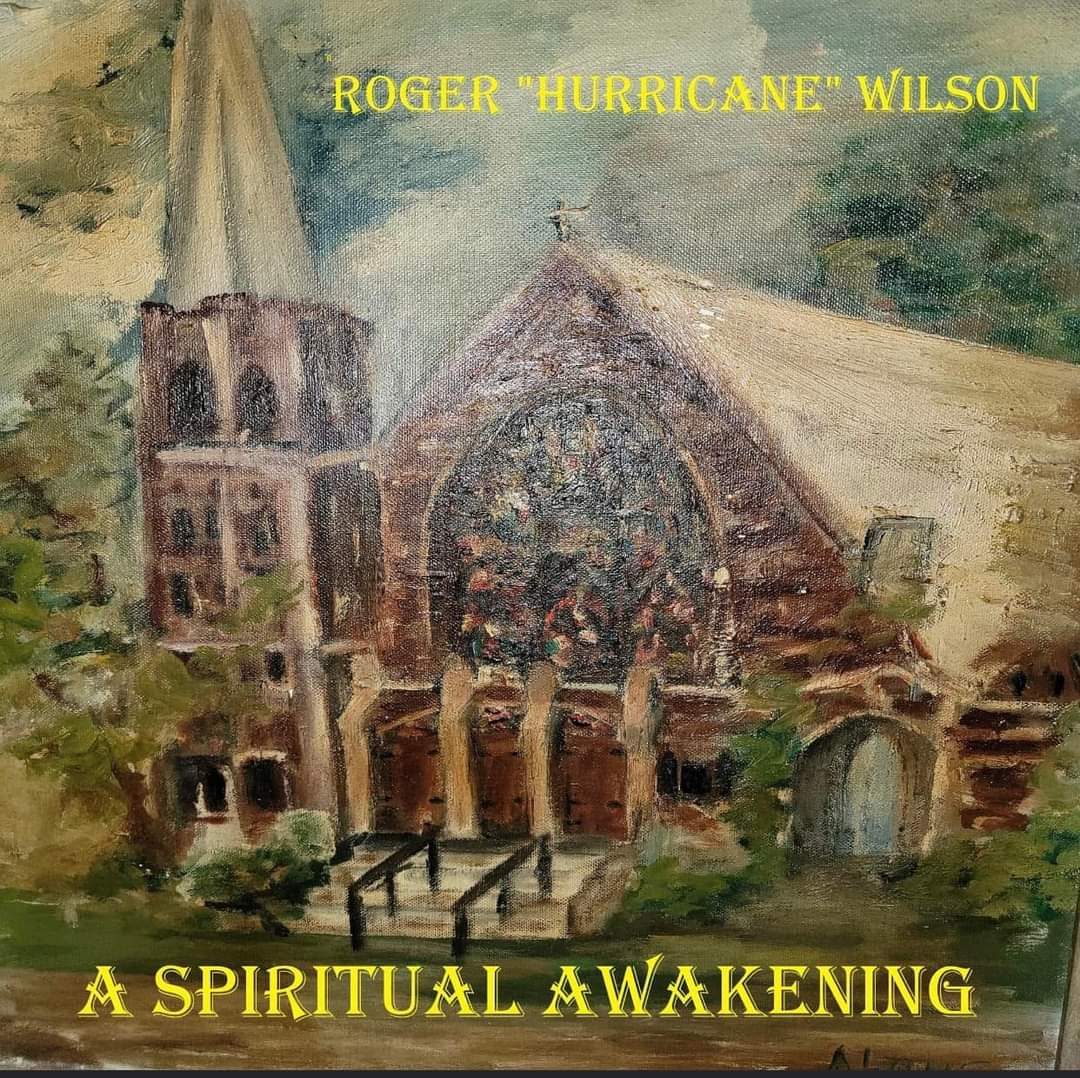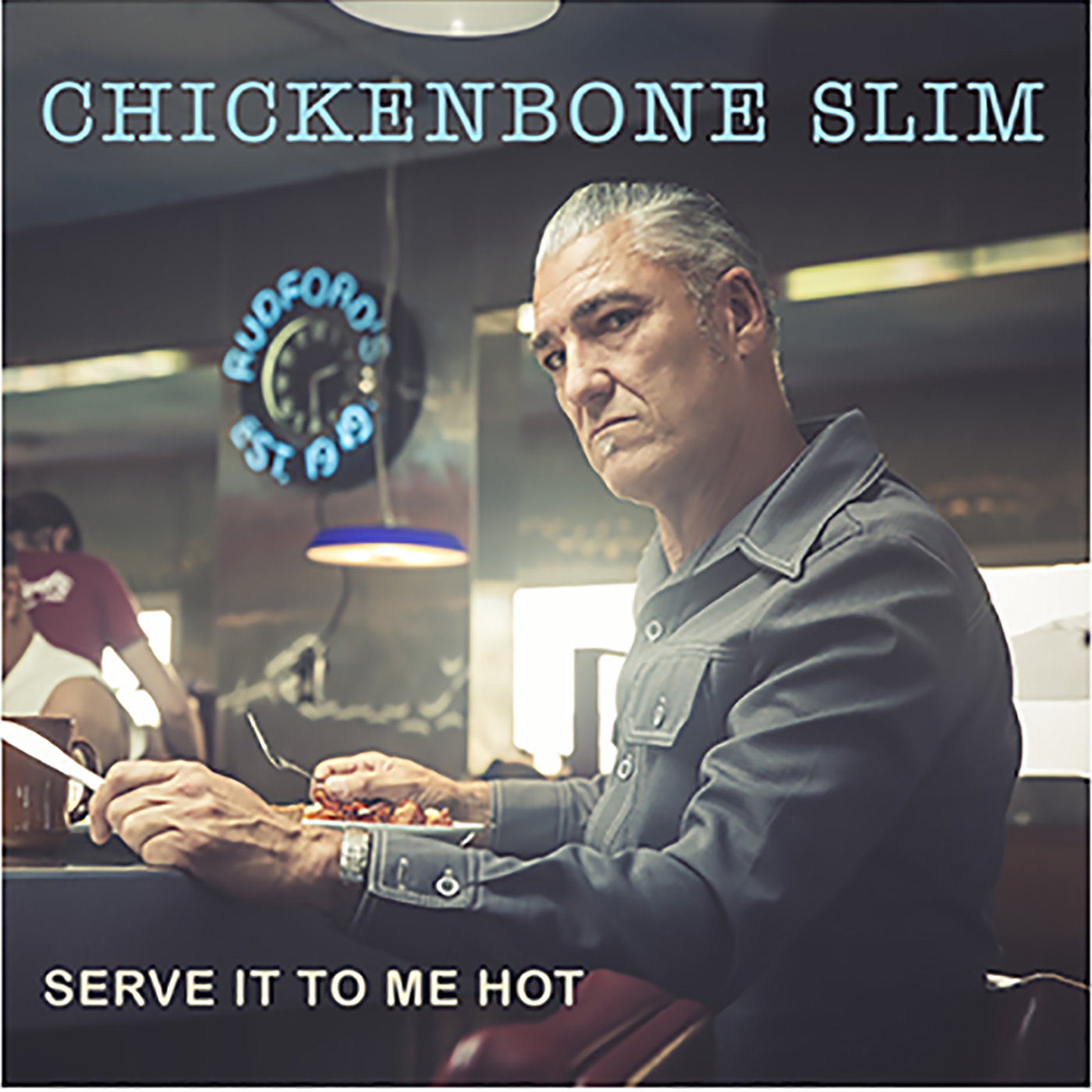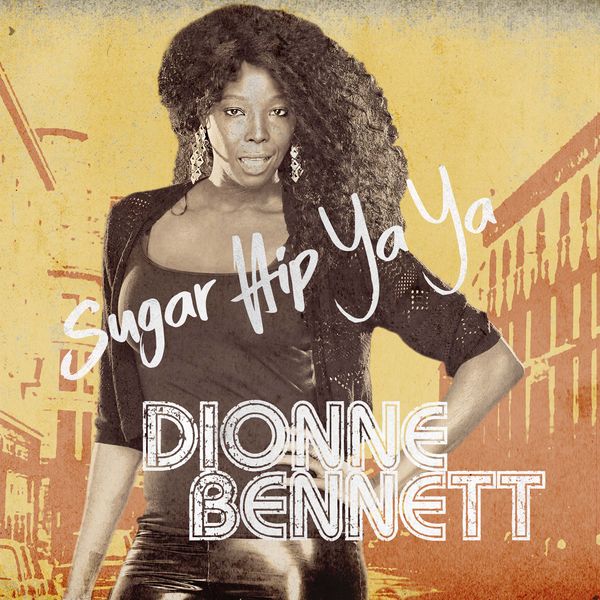
Ramblings-February 2022
Ramblings -January 2022
By Anni Piper
It’s been an eventful month for the CBA, to say the least. The board approved the return of the new and improved “Blues Notes” coming soon to a store or venue near you. We have a bunch of CDs in the…

Roger ‘Hurricane’ Wilson – A Spiritual Awakening
Roger 'Hurricane' Wilson
A Spiritual Awakening
CD Baby
Review by Kirk Anderson
Roger got his “Hurricane” nickname from decades of scorching blues guitar riffs as he performed and taught guitar for more than 50 years. Behind him are over…

Get to know the Groovetramps
Groovetramps
Interview by Anni Piper
They’re the dynamic duo who back up some of the nation’s top touring acts, including our own Karen Lovely and Ben Rice. They are coming to the membership meeting Feb. 2. Take a few minutes to get to know…

Chickenbone Slim – Serve It To Me Hot
Chickenbone Slim
Serve It to Me Hot
Vizztone Records
Review by Anni Piper
I promised myself, with some variety of Girl Guide unbreakable vow, that I would not, under any circumstances, allow myself to talk about sex when I reviewed this disc.…

Dionne Bennett – Sugar Hip Ya Ya
Dionne Bennett
Sugar Hip Ya Ya
Hunnia Records
Review by John Taylor
Dionne Bennett has seen – and conquered -- a lot of the world. And the British-West Indian singer-songwriter has been around the block enough to find her way around without…

February 2022 General Membership Meeting
February 2022
General Membership Meeting
The Cascade Blues Association is holding its membership meeting at the Garages, 17880 SW McEwan Rd, Lake Oswego resuming the standard format of spotlighting two different acts in one evening. In February…

Key Events – Save the Date! 2022 February
Key Events - Save the Date!
2022
February
2/10 -- Allen Stone, Roseland Theater
2/11—North Mississippi Allstars, Aladdin Theater
March
3/2 - Albert Cummings, Jack London
3/4—Jason Isbell and the 400 Unit, Keller Auditorium
3/18 -…
